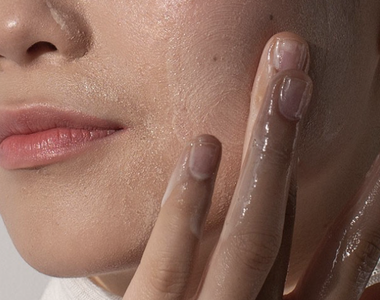
The areas of the body where skin cancer is most likely to develop differ between men and women, according to a new study by Cancer Research UK.
Four out of ten cases of melanoma (one of the most common types of skin cancer) in men were found on the torso, back, chest and abdomen. Meanwhile, 35% of melanoma cases in women occurred on the lower limbs, from the hips to the legs.
Doctors suspect that these differences are related to care for ultraviolet rays. Men are more likely to uncover their upper bodies, while women expose their legs on sunny days. The study found that 87% of skin cancer cases come from excessive exposure to ultraviolet rays.
Over the past year, in the United Kingdom, cases of skin cancer reached a historic record, with a 25% increase in new diagnoses.
Meanwhile, Michelle Mitchell, executive director of the Cancer Research Center, reminds that if you notice a mole that has changed in appearance, shape, color or size, contact your doctor.
"If you notice any changes in your skin – like a new mole, one that has changed in size, shape or colour, or any area of ??skin that looks different – ??don't ignore it, talk to your GP. Early diagnosis is key and can make all the difference."
Fiona Osgun, director of information at the same centre, also said:
"With the warmer weather approaching, it's really important to take care of yourself in the sun. Getting sunburned even once every few years can triple your risk of developing melanoma, compared to someone who has never been sunburned. And it's not just sunny days that pose a risk - UV rays can be strong enough to damage the skin."

Skin cancer is a common type of cancer, but in most cases it is preventable. Understanding what causes it can be an important preventative measure.
What is skin cancer?
When DNA is damaged, it can cause abnormalities in cells. As a result, these cells do not die properly. Instead, they continue to grow and divide, creating more and more abnormal cells.
These mutated cells are able to evade the immune system and eventually spread throughout the body. When this DNA damage begins in skin cells, skin cancer occurs.
Types of skin cancer include:
- basal cell carcinoma
- squamous cell carcinoma
- melanoma
Most skin cancers occur in basal and squamous cells and are curable and treatable types if diagnosed early. Melanoma is more serious.
What causes skin cancer?
1. Sun exposure: The number 1 cause of skin cancer is ultraviolet (UV) radiation from the sun. You should remember that:
- 80% of sun exposure occurs before you turn 18.
- Winter exposure is just as dangerous as summer exposure.
- Severe sunburns before age 18 can cause melanoma later.
You can reduce sun exposure by:
- Use sunscreen or a sunscreen with an SPF of at least 30.
- Wear protective clothing when in the sun.
- Stay in the shade, especially between 10 a.m. and 3 p.m.
- Wear a hat when outdoors.
2. Tanning beds: UV rays can damage the skin, no matter where they come from. Tanning beds are no safer than staying in the sun and do not prepare the skin for the risks.
3. Genetic changes: Genetic mutations can be inherited or acquired during life.
4. Less common causes:
- repeated exposure to X-rays or CT scans
- marks due to burns or disease
- exposure to certain chemicals, such as arsenic
What does not cause skin cancer:
1. Tattoos: There is no evidence that tattoos cause skin cancer. However, it is true that tattoos can make it harder to detect skin cancer early. It is best to avoid getting a tattoo over a mole or other spot that may be of concern.
2. Sunscreen
3. Cosmetic and skin care products: If you have concerns about a product you are using, check the ingredients and consult a dermatologist.
Who is most at risk of skin cancer?
- those with fair or freckle-like skin
- those who have had severe burns
- those who have been exposed to the sun for too long
- people with moles, especially abnormal ones
- those with a family history of skin cancer
- people with weak immune systems
- those who have been exposed to arsenic and other chemicals
Suggested articles:





